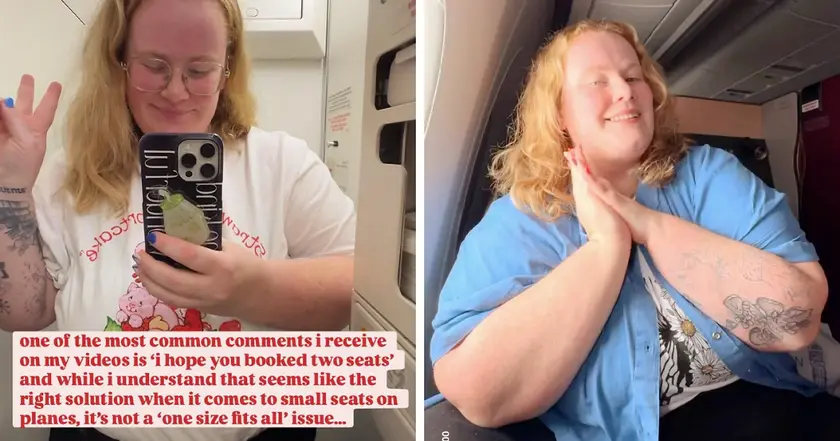T4K3.news
Virtual influencers gain traction in advertising
AI-generated models are changing the landscape of social media and advertising.

The rise of virtual influencers raises ethical questions while transforming advertising dynamics.
Virtual influencers disrupt traditional modeling and content creation
Virtual influencers, created using artificial intelligence, are increasingly dominating social media platforms and have become a lucrative market, especially in advertising. Emily Pellegrini, a notable AI-generated model, reportedly earns over $10,000 weekly and has captivated audiences with her lifelike presence. This trend is spreading to adult content sites like OnlyFans and Fanvue, where several AI influencers have gained significant followings. As brands seek to cut costs, they are partnering with virtual models, showing a shift in advertising strategies as companies recognize the financial benefits of utilizing these digital personas.
Key Takeaways
"The financial benefits of using virtual influencers are undeniable."
This quote highlights the economic appeal of AI models for advertisers.
"Creating a digital persona can generate unprecedented revenue."
An insight into how virtual influencers are changing revenue models in marketing.
"The rise of AI influencers raises questions about authenticity and consent."
This statement emphasizes the ethical dilemmas brought about by deepfake technology.
"We are witnessing the birth of a new age in content creation."
This reflects the shift in how audiences interact with media and influencers.
The emergence of virtual influencers challenges the traditional modeling industry. While they offer brands cost-effective alternatives, they also raise important ethical considerations. For instance, many virtual models have origins in deepfake technology, leading to concerns over consent and authenticity. As more influencers adopt AI personas, the line between real and virtual blurs, pushing industry stakeholders to confront how this affects individual careers and the overall integrity of digital content. The potential for widespread job displacement among human influencers sparks a crucial debate about the future landscape of influencer marketing.
Highlights
- AI influencers are reshaping the landscape of digital content.
- Virtual models are not just a trend; they are here to stay.
- The future of influencing may be digital rather than human.
- When avatars become models, what happens to real-life creatives?
Increasing concerns over ethical implications of AI influencers
The rise of virtual influencers using AI, often relying on deepfake technology, raises significant ethical questions regarding consent and authenticity in digital media.
Future developments in this area will be closely watched as technology evolves.
Enjoyed this? Let your friends know!
Related News

Controversy erupts after DeRosa warns Phillies about Manfred

A Minecraft Movie premieres with a star-studded cast

High street retailers criticized for using thin models

Japan sets up task force to manage foreign resident concerns

Crypto weekly review shows sharp gains and losses

Plus-sized influencer receives backlash over airline seating practices

'Hung smile' meme captures attention on social media

Yoko Taro warns of censorship risks
